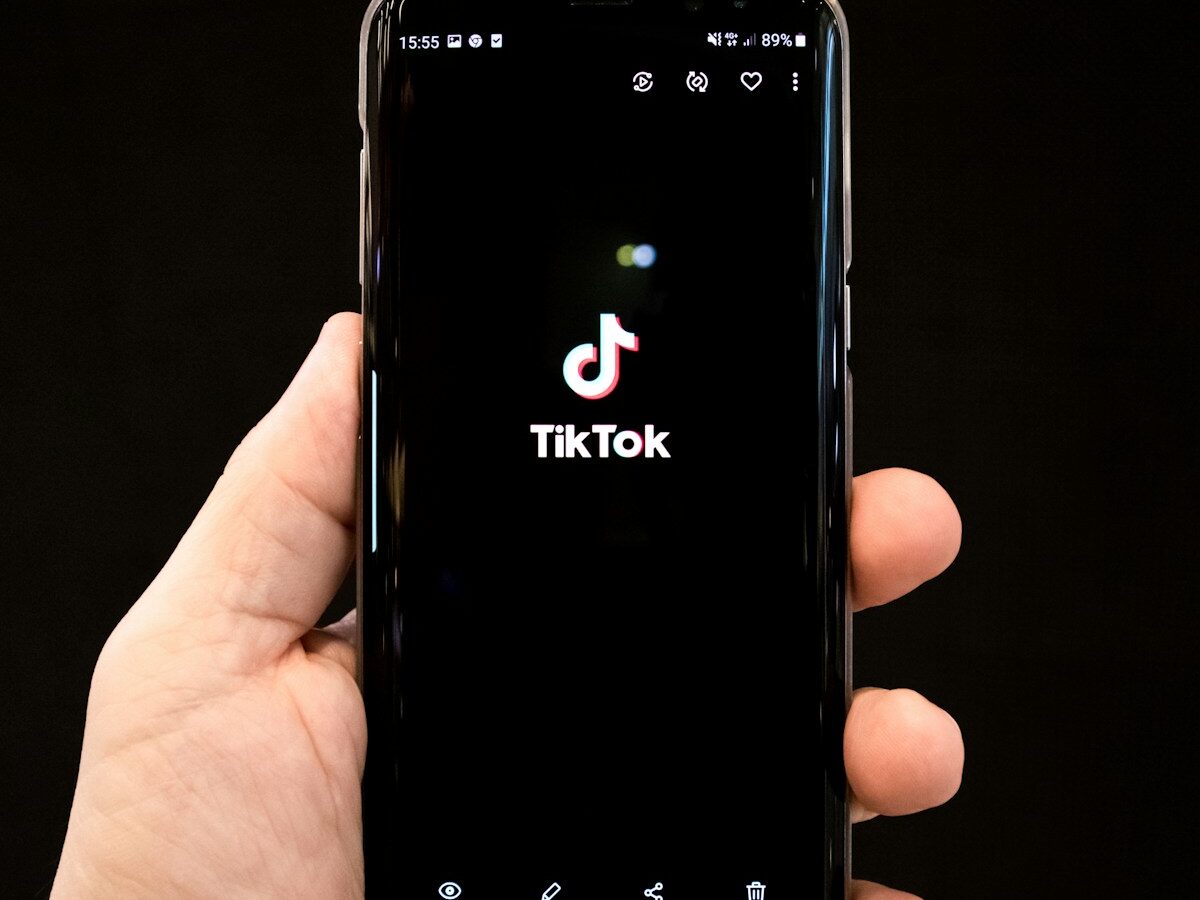
Gen Z (born roughly between 1997 and 2012) is the first generation to grow up fully immersed in technology, but they’re also one of the most misunderstood. Whether it’s in the workplace, at school, or online, they’re often stereotyped in ways that don’t reflect reality. Here are 15 common stereotypes about Gen Z.
“They’re addicted to their phones.”

Sure, Gen Z spends a lot of time on their phones, but it’s not all mindless scrolling. They use technology for learning, networking, activism, and creative expression. Their screen time often serves a purpose beyond entertainment, and they’ve mastered leveraging digital tools to stay informed and connected.
“They’re lazy.”

This stereotype couldn’t be further from the truth. Gen Z is highly entrepreneurial, with many starting side hustles, freelancing, or working multiple gigs while pursuing education or personal growth. They’re redefining work-life balance, but that doesn’t mean they’re unmotivated—it means they value efficiency and prioritize mental health.
“They’re entitled.”

Gen Z isn’t entitled—they’re empowered. They’re not afraid to speak up for what they believe in, whether it’s fair wages, social justice, or climate change. Their willingness to demand better isn’t an entitlement; it’s a reflection of their desire to create meaningful change in the world.
“They have no attention span.”

Gen Z is often criticized for having “goldfish-like” attention spans, but in reality, they’re just masters of filtering information. Growing up in a digital age, they’ve learned to process large amounts of data quickly and focus deeply on things they find meaningful.
“They can’t handle criticism.”

While they may approach feedback differently than older generations, it doesn’t mean they’re fragile. Gen Z values constructive, collaborative feedback over hierarchical criticism. They do well when given clear, actionable advice rather than outdated “tough love” approaches.
“They don’t know how to communicate face-to-face.”

Being tech-savvy doesn’t mean Gen Z lacks interpersonal skills. They’re adept at both digital and in-person communication. In fact, many prefer genuine, meaningful conversations over small talk and are highly empathetic when connecting with others.
“They only care about social media.”

While social media is an integral part of their lives, it’s not their entire identity. Gen Z uses these platforms as tools for activism, education, and creativity. From raising awareness about social issues to showcasing their talents, their relationship with social media is far more purposeful than it’s given credit for.
“They’re too sensitive.”

Gen Z is often labeled as overly sensitive or “snowflakes,” but this sensitivity is better described as heightened awareness. They’re in tune with issues like mental health, inequality, and sustainability, and their so-called sensitivity drives them to advocate for a more inclusive and compassionate world.
“They’re too dependent on technology.”

Yes, technology plays a central role in Gen Z’s lives, but it’s also their primary tool for learning, connecting, and innovating. They’re using technology to create apps, build businesses, and solve problems—not just binge-watch Netflix or play games.
“They don’t work hard.”

This stereotype stems from a misunderstanding of how Gen Z approaches work. They prioritize efficiency and innovation over grinding away at traditional 9-to-5s. Hard work for them doesn’t mean sitting at a desk for 10 hours—it means finding smarter ways to achieve goals and maintain balance.
“They’re always quitting jobs.”

While Gen Z does change jobs more frequently than previous generations, it’s not out of laziness or lack of commitment. They’re seeking roles that align with their values and offer growth opportunities. They’d rather find a fulfilling position than settle for a job that doesn’t meet their needs.
“They don’t care about money.”

Gen Z is often portrayed as prioritizing purpose over paychecks, but they’re very financially conscious. Many are saving early, investing in cryptocurrencies or stocks, and budgeting carefully. They value financial stability but also want to make sure their work aligns with their passions.
“They’re overly obsessed with trends.”

While Gen Z is often at the forefront of fashion and cultural trends, this isn’t about shallow obsession. It’s about self-expression and individuality. They use trends as a way to showcase their creativity and connect with others while often rejecting fast fashion in favor of sustainability.
“They’re anti-social.”

Growing up with technology hasn’t made Gen Z anti-social—it’s just changed how they socialize. They connect online, but they also value in-person experiences like concerts, volunteer work, and meetups. They’ve redefined socializing to fit a hybrid world of digital and real-life connections.
“They’re all the same.”

Perhaps the most frustrating stereotype is lumping all Gen Zers together as one homogenous group. They’re as diverse as any other generation, with a wide range of beliefs, interests, and experiences. Treating them as a monolith ignores their individuality and the nuanced perspectives they bring to the table.

